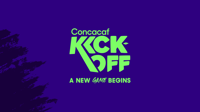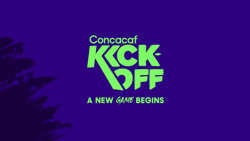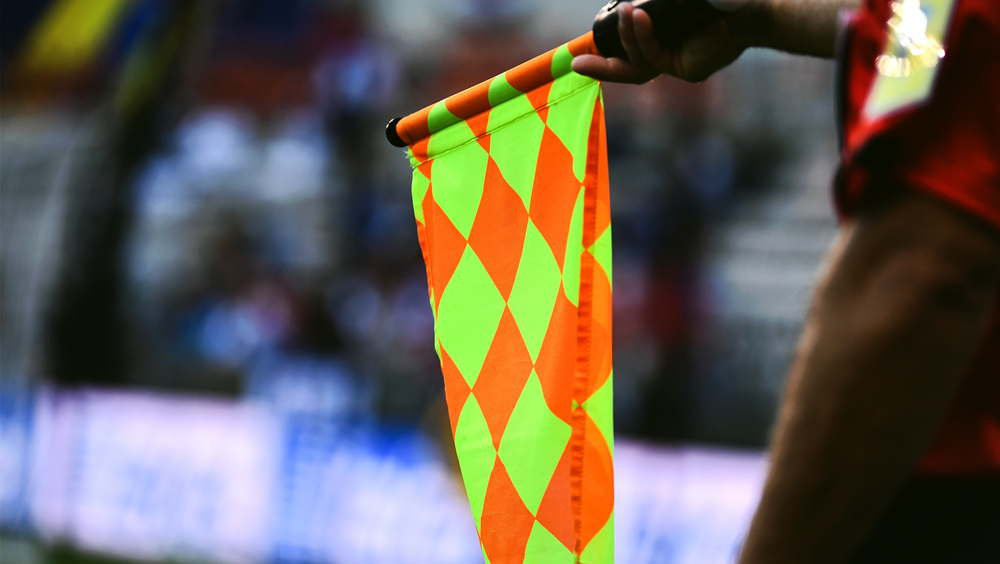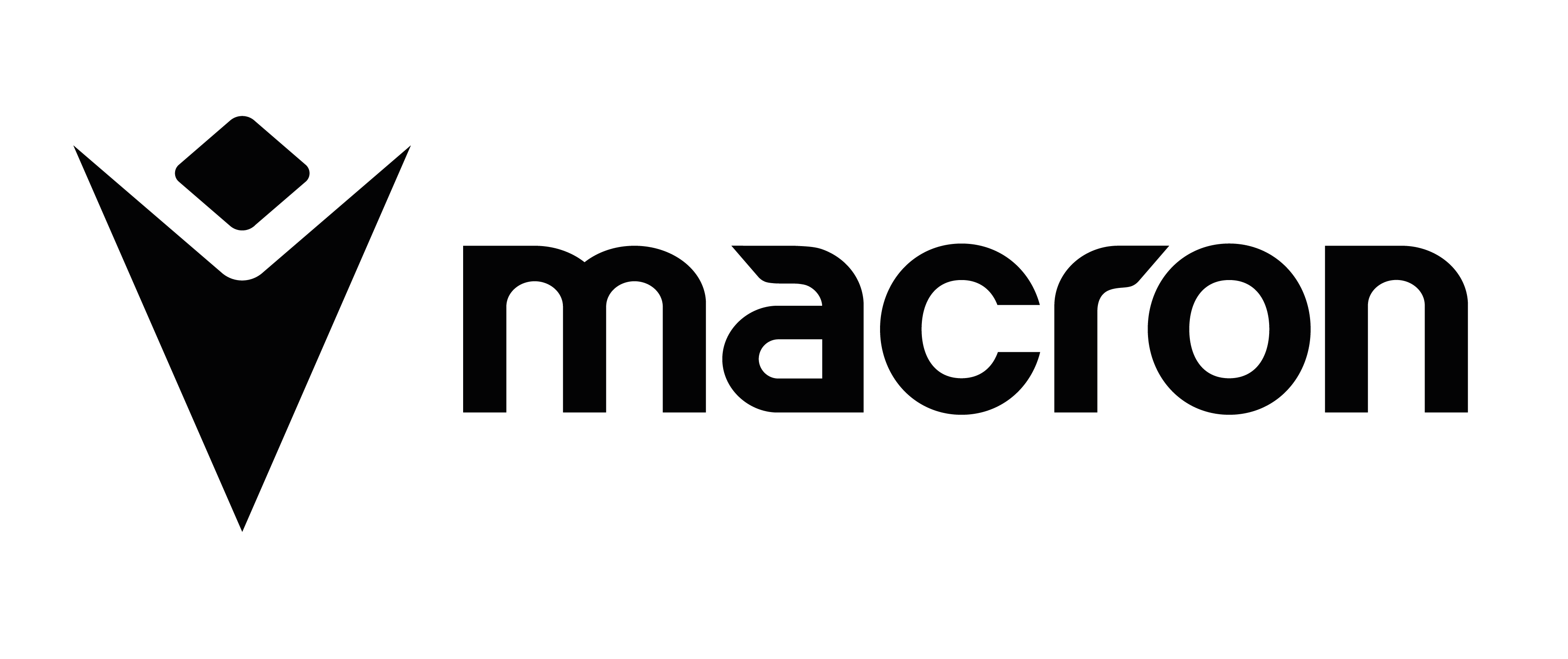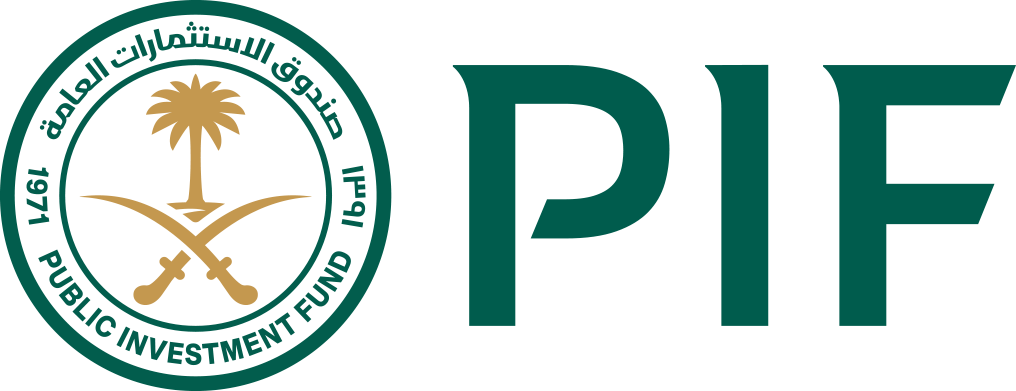MIAMI, Florida – Last week, 68 instructors from 30 different Concacaf Member Associations took part in FIFA’s Futuro III courses, all held in an online environment in both English and Spanish and under the leadership of FIFA Women’s Head of Refereeing, Kari Seitz, in collaboration with Concacaf Director of Refereeing Brian Hall.
This train-the-trainer course focused on providing new information and tools, consisting of presentations and training materials prepared by FIFA, to educate Concacaf’s domestic instructors and prepare them for the task of training their referees, instructors, and assessors.
Despite the hurdles of conducting a course online instead of in-person, Seitz feels like the Concacaf attendees got the very most out of the five-day class.
“I was impressed by all the participants’ ability to learn new technology quickly and how quickly they were able to learn how to use these tools because they may be called to do that for the next several months, to have these sorts of interactions with referees online, so it was important that they learn how to use technology. There’s a pro and con to do it online, but we are so fortunate to be able to develop our referees during this down time in football. It’s coming back little by little, but keeping these people safe and working we now have these tools available,” said Seitz in an exclusive interview with Concacaf.com.
Seitz also anticipates that in the future FIFA will leverage the use of online courses to improve the level of instruction.
“In the future we will continue to have these Futuro courses, but maybe we can add at a much lower cost something on a specific topic like a handball. We can do a Zoom call for an hour and combine what we’ve learned during this pandemic with what we’ve learned in the past. I think we could say that we’ve improved things for the future,” said Seitz.
One problem not encountered in the Futuro III course attended by the various Concacaf participants was a lack of engagement. From start to finish, the 68 course attendees actively took part in class discussions.
“I was skeptical what kind of participation there would be with someone having a camara on and some not. In a room you can look over at someone and see if they are about to say something, so I expected a lot of hesitation, but there was no hesitation. People were anxious to participate, have their point of view. Sometimes we ran out of time, we had to manage the interactions. The amount of participation exceeded my expectations. People were not afraid to make mistakes, and that is really the only way you can learn. It struck me that the Concacaf instructors are not hesitant to ask questions and participate,” said Seitz.
In total, FIFA spent over 100 hours to create 30 hours of teaching material, including video tests, information on handball, challenges, tactical fouls, penalty area, offside, and hours and hours on how to improve referee positioning. These are all tools that instructors and referees will bring back to their respective Member Associations.
Hall says that none of this would have been possible without the help of FIFA.
“We are really thankful for our partnership with FIFA and for the long hours that FIFA put in and Kari and her team took to create all these materials. In this new normal, this is an opportunity to stay engaged, our instructors to stay engaged, give them tools to teach at the domestic and MA level, teach these referees new concepts and get their minds thinking about football. With the 30 hours of tools that Kari and her team have created, it gives them the ability to be engaged at the domestic level and prepare them for when they do have to blow the whistle again, they are ready to go,” said Hall.
In addition to the English and Spanish courses offered, Concacaf plans to have a French course available soon for its French-speaking MAs. It is that kind of focus and dedication offered by Hall and his staff that makes Seitz appreciate her collaboration with Concacaf.
“The commitment of the Concacaf instructors is second to none. They are the only group doing two courses simultaneously. Not all the instructors speak the same language, but they planned the course together and so it was important that no matter what country you are in in Concacaf, you are hearing the exact same message and that is something that is special that happens in Concacaf.
“We have to give a lot of credit to Brian and his team. He has three people on his team and the work they put out is like a team of 20. In a week or two weeks they created the Center of Excellence. There are so many tools for the match officials and there is a whole new level of transparency that they have created. Referees feel a part of something special and that motivates them to push themselves further because they know they will be recognized for their work,” said Seitz.
With the Futuro III courses in motion thanks to Concacaf’s partnership with FIFA, Hall believes that the foundation is in place for Concacaf referees to scale new heights.
“One of the great things about our partnership with FIFA in courses like the Futuro III is that everyone wants the next World Cup or elite referee, but it all starts at the grassroots level, it starts at the domestic/MA level and courses like the Futuro III are geared toward giving the tools to instructors, to member associations where they can have a significant impact on the grassroots referee. They start with a phenomenal foundation and so when they get to Concacaf, they have the base for excellence to move up the food chain and hopefully one day blow the whistle in a FIFA championship,” concluded Hall.

























